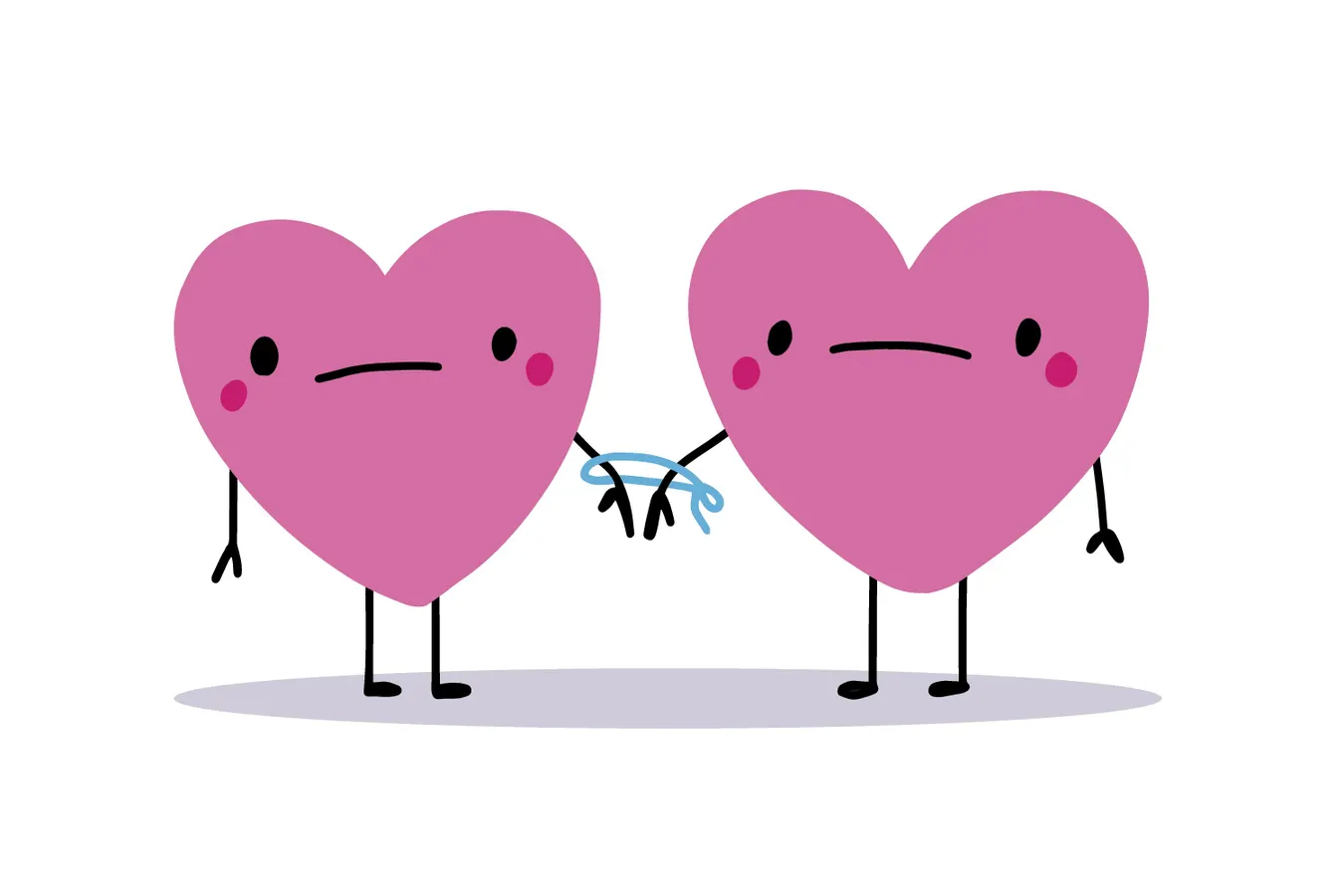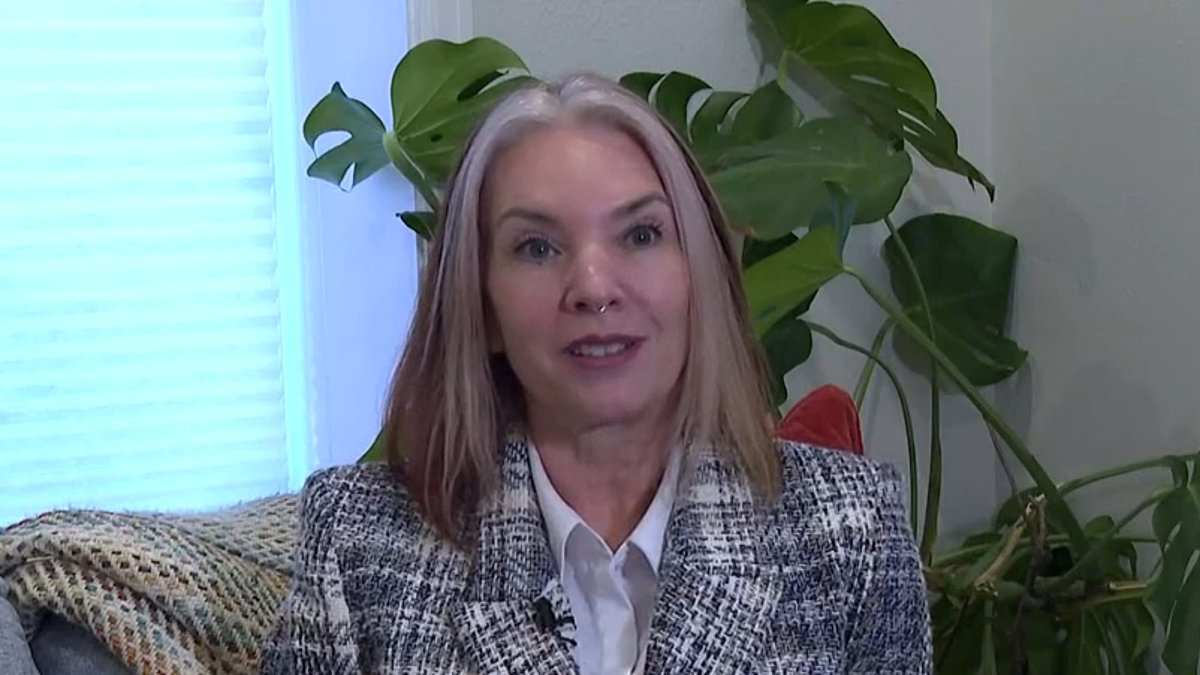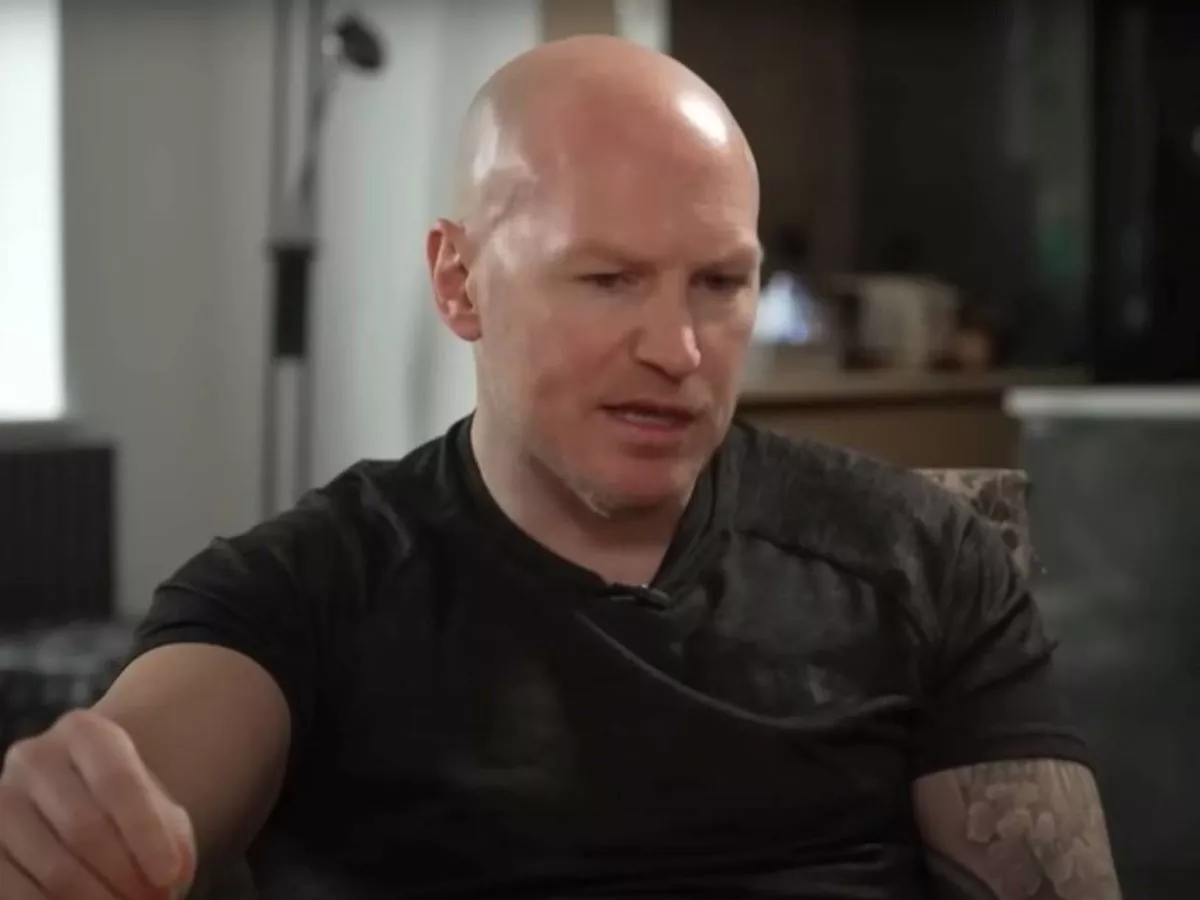Copyright forbes

You believe you are in love, but what if codependency is secretly governing your relationship? It’s a fairly well-known truth that relationships are never meant to be easy. Maintaining a long-term relationship by keeping it alive and healthy over decades of change requires effort, labor and the right intentions. A far lesser known truth, however, is that a relationship also shouldn’t feel like a connection you have to protect at all costs, including your own well-being. But that is the sad reality for too many couples ensnared in codependent relationship dynamics. A 2020 study published in the International Journal of Mental Health and Addiction conducted interviews to gain insight into participants’ lived experience with codependency. They discovered three overarching themes: A lack of a clear sense of self. Participants often described themselves as chameleons, blending in, losing themselves in relationships and roles and struggling with a strong or authentic sense of identity. Enduring emotional, relational and occupational imbalance. Participants felt their lives were marked by swinging between extremes, like between self-care and self-neglect, intense activity and exhaustion and described difficulty achieving balance and internal stability. Sense of abandonment and control in childhood. Most attributed their struggles in adulthood to childhood environments, characterized by both excessive control and emotional or physical abandonment. “I would be in relationships that were unhealthy, unequal, unpleasant and I would stay in them, you know, no matter what, like a marine: It’s my duty, God gave me this!” described one participant from the study. Here are three signs you are not in love but trapped in a codependent relationship, as well as ways to to break out of the cycle. MORE FOR YOU 1. Your Self-Worth Depends On How They Act Or Feel When you share a codependent bond with your partner, their approval can turn into something of a thermostat for your self-worth. Their contentment equals your security, but their withdrawal or criticism snatches it right back. You may subconsciously start to track their moods, change your behavior and own up to feelings that were never yours to begin with. This can be the result of having an external locus of control, where one starts tying their emotional well-being to external factors, such as a their partner’s responses. Healthy individuals, on the other hand, do their best to ground their well-being in their own values or sense of identity. In other words, with an external locus of control, you may begin to lose faith in your ability to manage your own feelings independent of your partner’s validation. Thankfully, there are some steps you can take to get your agency back: Start noticing when your mood shifts, especially in response to your partner’s emotional state. Awareness is the first degree of separation. Name what you’re feeling versus what belongs to them. “I feel anxious right now” is not the same as, “They’re upset, so I must have done something wrong.” Learn emotional differentiation, the ability to hold empathy without enmeshment. This may look like offering care while also reminding yourself that their feelings are their responsibility. Practice self-validation. Ask yourself: What do I need right now that doesn’t depend on them changing? 2. You Struggle To Identify Or Express Your Own Needs A codependent dynamic flourishes when you abandon your own needs to cater to your partner’s first. This can look like pretending you’re fine when you’re not. Another sign is the tendency to overfunction, constantly fix, rescue or take care of your partner’s needs to maintain peace in the relationship. A clear symptom of this is feeling anxious when your partner grows distant, and overcompensating through people-pleasing, excessive texting or apologizing for imagined wrongs. Whenever a codependent relationship runs into conflict, one partner usually tries to keep the peace and the other person struggles to feel heard. In this tug-of-war, the actual issue often gets swept under the rug as both partners struggle to cope with each other. A 2023 study published in Current Psychology suggests that higher levels of codependency can lead to negative interpretions of one’s own and one partner’s actions during stressful moments. This, as a result, can lead to greater difficulties within an intimate relationships. What usually happens in these moments is a suppression of authentic need expression. You may have learned in your childhood that love must be earned through service, compliance or emotional labor. As a result, asserting boundaries or expressing vulnerability can feel inexplicably selfish or risky in your adult relationships. Here are some ways you can begin to connect with your needs first: Begin with micro-honesty. Tell the truth about small preferences, like what you want to eat or how much time you need alone, and build up from there. Journal each day about moments when you overrode your own needs to maintain your connection. Awareness gradually builds assertiveness. Practice saying “no” without overexplaining. Emotional self-respect starts with tolerating the discomfort of disappointing others. Reclaim your autonomy through self-chosen routines, hobbies and goals that don’t revolve around your partner. 3. You Tolerate Disrespect In The Name Of Love Codependence takes on its ugliest form when you rationalize neglect or emotional unavailability as opportunities to prove your devotion. Codependent individuals might believe that if they just love harder, their partner will change their behavior toward them. Such a dynamic can, over time, snowball into a cycle of intermittent reinforcement, where unpredictable rewards keep you hooked, much like an addiction. Leave this dynamic unchecked, and the nervous system becomes conditioned to constantly crave connection, even when it’s painful. Here’s how you can rebuild your self-respect and get your emotional freedom back: Redefine love as consistency and respect, not volatility and rescue. Set non-negotiables, or behaviors you will no longer tolerate, regardless of emotional attachment. Ground yourself through supportive connections outside the relationship, like therapy, friendships or communities that model secure attachment. Reframe solitude as much-needed “me time,” not punishment. Every time you sit with discomfort instead of chasing validation, you rewire your sense of worth back to yourself. Your intentions may be loving, but your patterns might tell another story — take the Codependency Scale to see if you’ve been losing yourself in the name of care. Editorial StandardsReprints & Permissions



